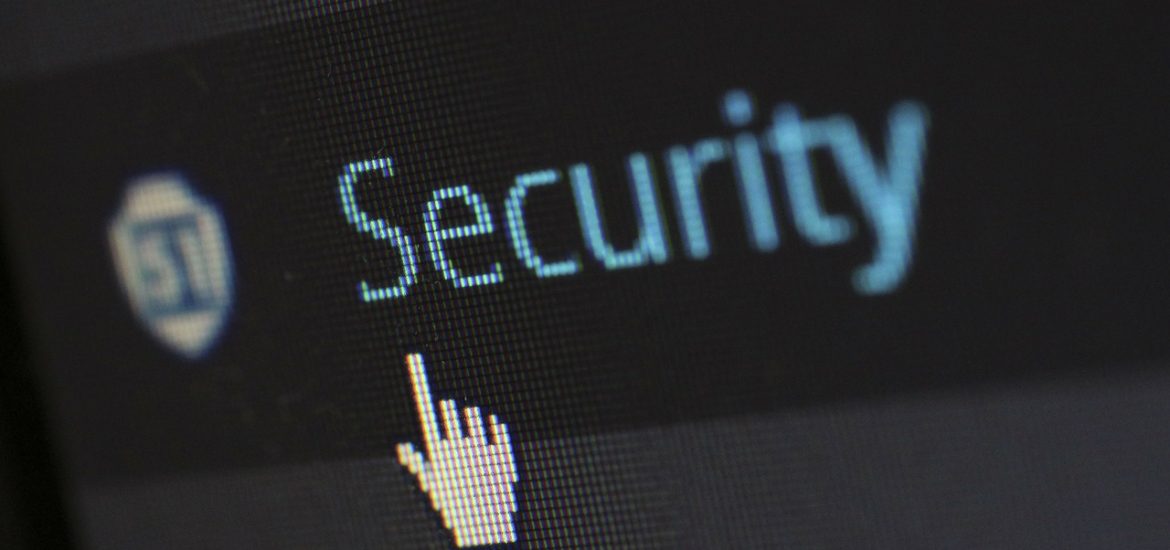
How can you really protect your devices against viruses? A common question yet very important. It is very common for computers to get hacked or attacked due to the presence of threats on the Internet. You can never be sure if a website is safe or not. Plus, even mobile devices including tablets and mobile phones are not safe as they can get attacked as well.
You need to take certain steps to ensure that your data stays safe. While some viruses only slow down the system, some can do more including giving hackers access to your personal information stored on your devices.
While it is a real threat, fortunately, there are ways to protect against such damages. Without much ado, let’s have a look at how you can safeguard your devices against such attacks:
Get Your Hands on an Antivirus
There are hundreds of antivirus programs out there, but not all are well-equipped to provide you with the protection that you need.
Firstly, you need to know that free programs are typically not very reliable and usually come with certain limitations. In most cases, they will only remove the mildest threats and not work on the major ones, which renders them useless.
Other than this, demo versions typically only highlight the viruses and do not remove them, so do not waste time trying free programs and turn to paid antiviruses like Bitdefender.
It is quite a reliable name that works on all devices including mobile phones and laptops.
You can get Bitdefender Total Security to protect your devices against all kind of threats as it removes not just viruses but also malwares and spywares. Plus, it protects you against future threats as well by searching all links and files before you open them.
You should definitely use such an antivirus so that you can put all your worries to rest.
Open No File without Scanning
Scan all files before you open them. This is very important especially when you connect an external device, such as a USB, to your computer. You cannot be sure of what it contains so make sure to be careful.
Same goes for when you use someone else’s computer and connect your device to it. Once you are back, scan it before using it to make sure it hasn’t gotten infected.
Do Not Open Unreliable Links and Files
Most hackers use phishing technique to get into your system. This is done by fooling you into believing that a link is real when it is not.
To protect your system against such attacks, make sure never to open unreliable links, i.e. links that you receive from unknown sources. Also, shy away from sharing your personal information if a site does not look secure.
Other than this, do not open files you are not sure about as some may contain viruses. A good option is to scan links and files with Bitdefender before you click on any.





